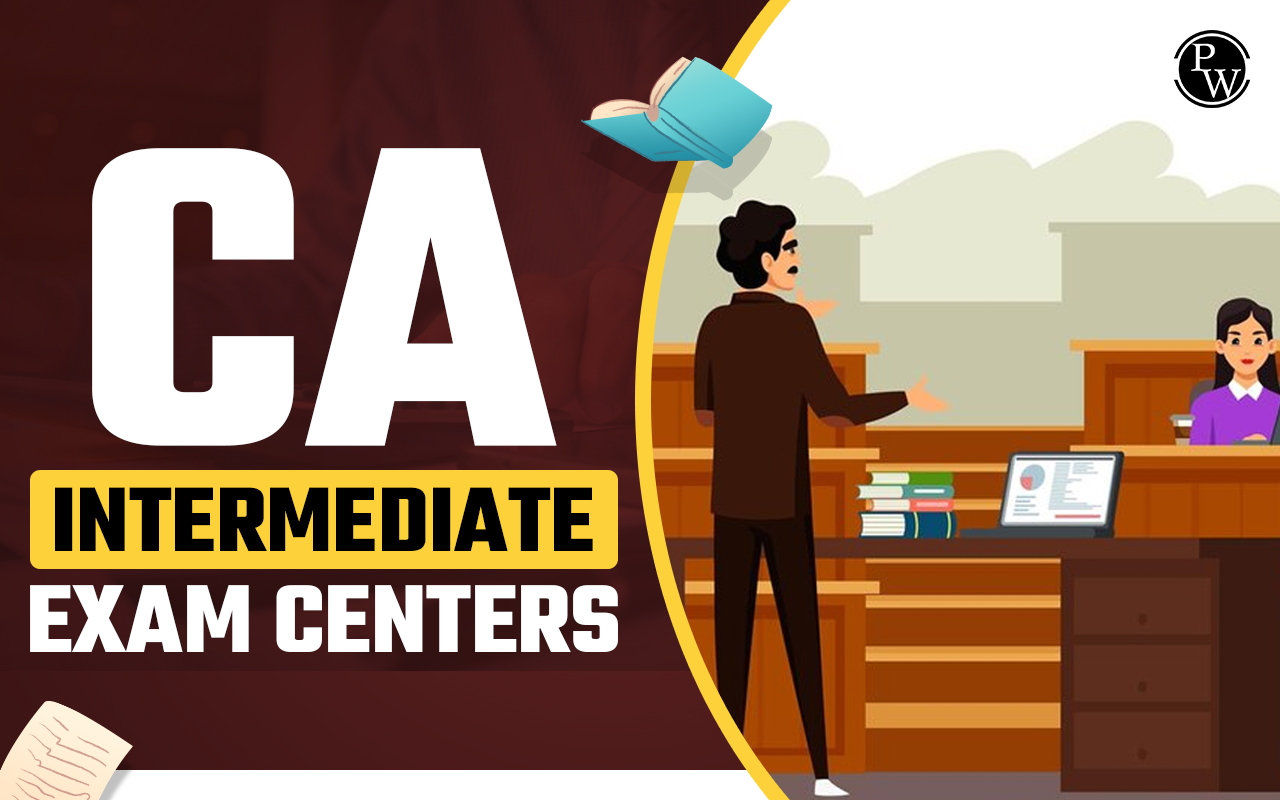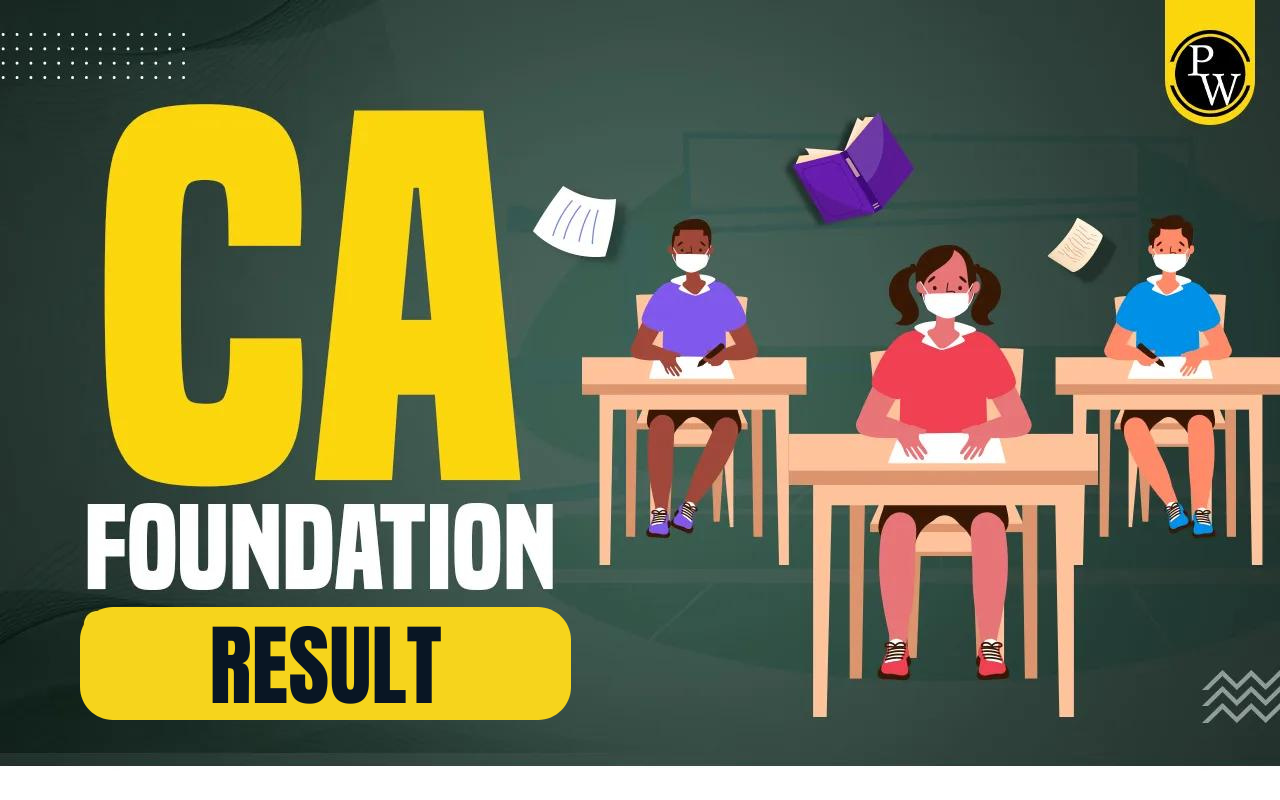
The Goods and Services Tax (GST), introduced on July 1, 2017, replaced previous Central and State indirect taxes like Value Added Tax, excise duty, and service tax. This article breaks down the variances between VAT and GST, outlining how GST has stopped the repeated taxation impact on the economy. This will help you to ace CA Exams .
Value Added Tax (VAT)
Value Added Tax, or VAT, is a type of tax added to goods and services as they move through the supply chain. In India, it was introduced by the government on April 1, 2005. Basically, every time a product is made or distributed, it gains value. VAT is added to the price at each step of this process. Ultimately, it's the consumer who pays this tax when they buy the product. Unlike GST, VAT differs from state to state in India. Each state has its own rules regarding Value Added Tax that businesses must follow.Goods and Service Tax (GST)
Goods and Service Tax (GST) is a type of tax in India that replaced many other taxes. It started on July 1, 2017. Like VAT, it's added to the value of a product or service at each stage of making and selling it. With GST, tax is added whenever something is sold. If it's sold between different states, Integrated GST is added. Within a state, there's Central GST and State GST. If a Union territory is involved, Union Territory GST is added.| Check Also | |
| Management Accounting | Financial Accounting |
Differences Between GST and VAT
Here are some key differences between GST and VAT:| Differences Between GST and VAT | ||
|---|---|---|
| Aspect | Value Added Tax (VAT) | Goods and Services Tax (GST) |
| Introduction Dates | VAT was introduced by the Indian government on April 1, 2005. | GST was introduced by the Indian government on July 1, 2017. |
| Tax Rates and Laws | Tax rates and laws vary among Indian states. | Uniform tax rate across all Indian states. There are four different Acts governing GST: Central GST Act, State GST Act, Integrated GST Act, and Union Territory GST Act, each applicable to different transactions. |
| Authority | State governments have full authority over VAT collections. | Both central and state governments collect GST from every sale, sharing the tax proceeds between them. |
| Mode of Payment | VAT is payable only through offline methods. | GST can be paid both online and offline. |
| Compliance | Compliance systems for interstate goods movement vary among states under VAT. | Compliance systems for interstate goods movement are standardized across states under GST. |
| Tax Collection | Tax collection responsibility lies with the seller's state. | Tax collection responsibility lies with the consumer's state. |
| Input Tax Credit | Taxpayers can claim Input Tax Credit on supplies received under VAT. | Input Tax Credit is not available under GST. |
What Benefits Does GST Offer That VAT Couldn't?
GST is a unified taxation system in India that simplifies how taxes are collected across the country. It's designed to avoid double taxation and has transformed the Indian tax system. With GST, the aim is to eliminate the practice of taxing the tax itself.Benefits of GST Implementation
- No More Tax Stacking: GST eliminates the problem of tax stacking, where taxes are applied multiple times on the same product or service.
- Easy Online Processes: Registering, filing returns, and claiming refunds become hassle-free with simplified online procedures.
- Reduced Compliance Burden: There are fewer compliance requirements under GST, making it easier for businesses to adhere to tax regulations.
- Clarity for E-commerce: GST provides clear guidelines for taxation of e-commerce companies, streamlining their operations.
- Simplified for Small Businesses: Small taxpayers benefit from easier procedures and straightforward return forms under GST.
- Better Logistics: GST enhances logistical efficiency by removing barriers caused by multiple tax regimes.
- Nationwide Tax Standardization: With GST, India adopts a single indirect tax law, ensuring uniformity in tax regulations across the country.
- Consistent Tax Rates: GST ensures consistent tax rates throughout India, reducing regional disparities in taxation.
Value Added Tax (VAT) and Goods and Services Tax (GST) FAQs
What is the difference between GST and VAT?
GST is a unified tax system in India, whereas VAT varies by state. Additionally, GST encompasses multiple taxes, while VAT is solely applied to goods and services.
How does GST simplify taxation in India?
GST eliminates double taxation, streamlines tax collection, and offers a standardized tax system across the country, reducing compliance burdens for businesses.
When was GST introduced, and what taxes did it replace?
GST was introduced on July 1, 2017, replacing previous indirect taxes like VAT, excise duty, and service tax, creating a more cohesive taxation structure.
Can businesses claim Input Tax Credit under GST?
Yes, businesses can claim Input Tax Credit under GST, allowing them to offset taxes paid on inputs against taxes on output, reducing the overall tax liability.
How does GST benefit small businesses and e-commerce companies?
GST simplifies procedures and offers straightforward return forms, benefiting small businesses. For e-commerce, it provides clear taxation guidelines, enhancing operational clarity.
Talk to a counsellorHave doubts? Our support team will be happy to assist you!

Check out these Related Articles
Free Learning Resources
PW Books
Notes (Class 10-12)
PW Study Materials
Notes (Class 6-9)
Ncert Solutions
Govt Exams
Class 6th to 12th Online Courses
Govt Job Exams Courses
UPSC Coaching
Defence Exam Coaching
Gate Exam Coaching
Other Exams
Know about Physics Wallah
Physics Wallah is an Indian edtech platform that provides accessible & comprehensive learning experiences to students from Class 6th to postgraduate level. We also provide extensive NCERT solutions, sample paper, NEET, JEE Mains, BITSAT previous year papers & more such resources to students. Physics Wallah also caters to over 3.5 million registered students and over 78 lakh+ Youtube subscribers with 4.8 rating on its app.
We Stand Out because
We provide students with intensive courses with India’s qualified & experienced faculties & mentors. PW strives to make the learning experience comprehensive and accessible for students of all sections of society. We believe in empowering every single student who couldn't dream of a good career in engineering and medical field earlier.
Our Key Focus Areas
Physics Wallah's main focus is to make the learning experience as economical as possible for all students. With our affordable courses like Lakshya, Udaan and Arjuna and many others, we have been able to provide a platform for lakhs of aspirants. From providing Chemistry, Maths, Physics formula to giving e-books of eminent authors like RD Sharma, RS Aggarwal and Lakhmir Singh, PW focuses on every single student's need for preparation.
What Makes Us Different
Physics Wallah strives to develop a comprehensive pedagogical structure for students, where they get a state-of-the-art learning experience with study material and resources. Apart from catering students preparing for JEE Mains and NEET, PW also provides study material for each state board like Uttar Pradesh, Bihar, and others
Copyright © 2026 Physicswallah Limited All rights reserved.









